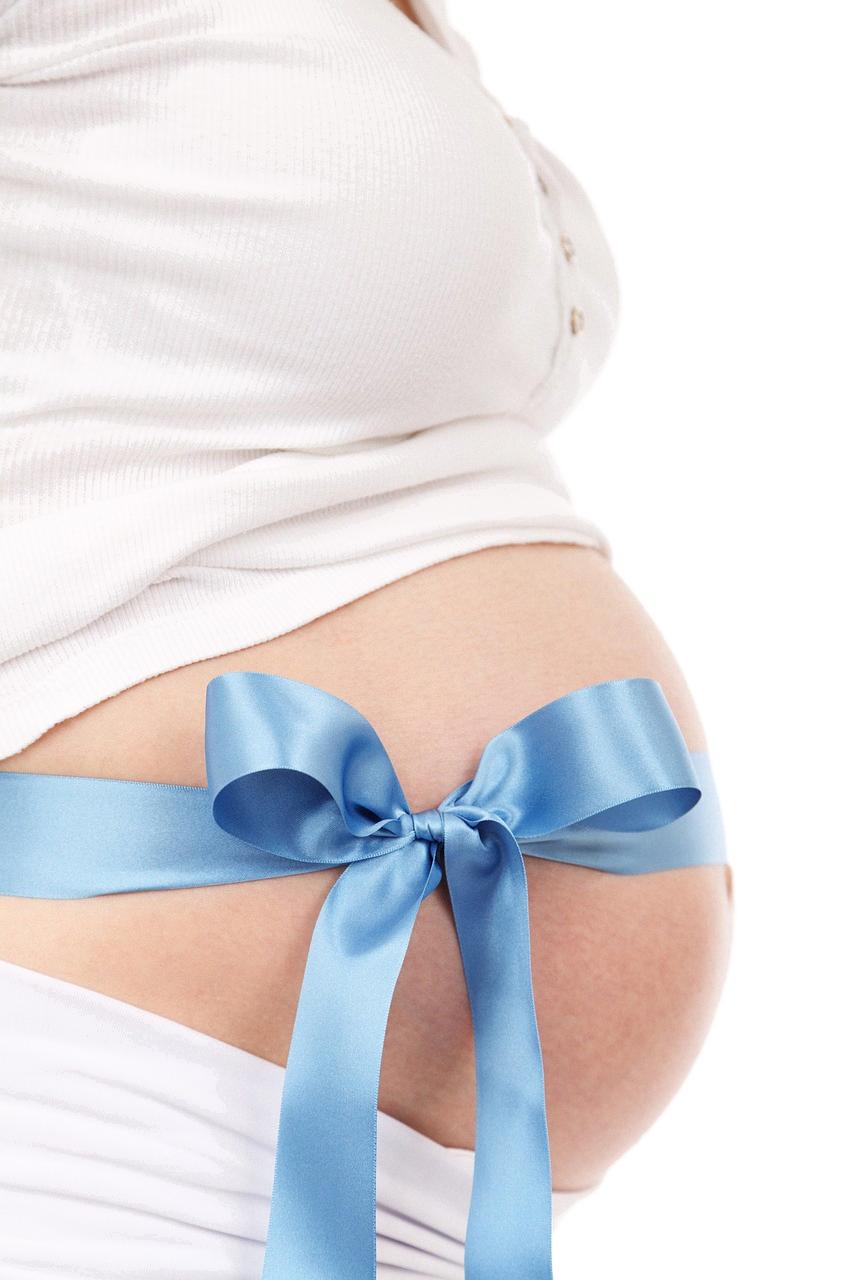Shingles is a viral infection caused by the varicella-zoster virus, the same virus that causes chickenpox. For pregnant women who have had chickenpox in the past, there is a risk of developing shingles during pregnancy. While shingles can cause discomfort and pain, the good news is that it is rare for the condition to harm the unborn baby.
The Risk of Shingles During Pregnancy
Although it is possible for pregnant women to develop shingles, it is not a common occurrence. The risk factors for developing shingles during pregnancy are similar to those in the general population, including factors such as stress, weakened immune system, and advanced age.
Symptoms of Shingles in Pregnant Women
Symptoms of shingles in pregnant women are similar to those experienced by non-pregnant individuals and may include a painful rash, itching, tingling, and burning sensations. It is essential for pregnant women who suspect they have shingles to seek medical attention promptly to manage the symptoms and prevent complications.
Potential Risks to the Mother
While shingles can cause discomfort and pain to the mother, it typically does not pose a significant risk to her health. However, in some cases, shingles can lead to complications such as postherpetic neuralgia, a condition characterized by persistent pain in the affected area even after the rash has cleared.
Protecting the Unborn Baby
The good news is that shingles do not typically harm the unborn baby. The varicella-zoster virus does not typically cross the placenta to infect the fetus, reducing the risk of complications. Pregnant women with shingles can be reassured that their baby is unlikely to be affected by the virus.
Treatment for Shingles During Pregnancy
Managing shingles during pregnancy focuses on relieving symptoms and preventing complications. Pregnant women with shingles may be prescribed antiviral medications to help reduce the severity and duration of the illness. It is essential to consult with a healthcare provider to determine the best course of treatment.
Preventing Shingles During Pregnancy
Preventing shingles during pregnancy involves maintaining a healthy immune system, managing stress, and avoiding exposure to individuals with active cases of chickenpox or shingles. Pregnant women should also discuss their vaccination history with their healthcare provider to ensure they are adequately protected against the virus.
Managing Shingles Symptoms
For pregnant women experiencing shingles symptoms, there are several self-care measures that can help alleviate discomfort. These include applying cool compresses to the affected area, taking over-the-counter pain medications (with physician approval), and practicing relaxation techniques to manage stress.
Seeking Medical Care
If you suspect you have shingles during pregnancy, it is crucial to seek medical attention promptly. Your healthcare provider can assess your condition, provide guidance on managing symptoms, and ensure the safety of both you and your baby. Do not hesitate to reach out for help if you have any concerns.
Conclusion
In conclusion, while it is possible for pregnant women to develop shingles, the condition typically does not harm the unborn baby. By being proactive in managing symptoms, seeking medical care, and following recommended guidelines for prevention, pregnant women can effectively manage shingles during pregnancy and protect the health of themselves and their baby.

